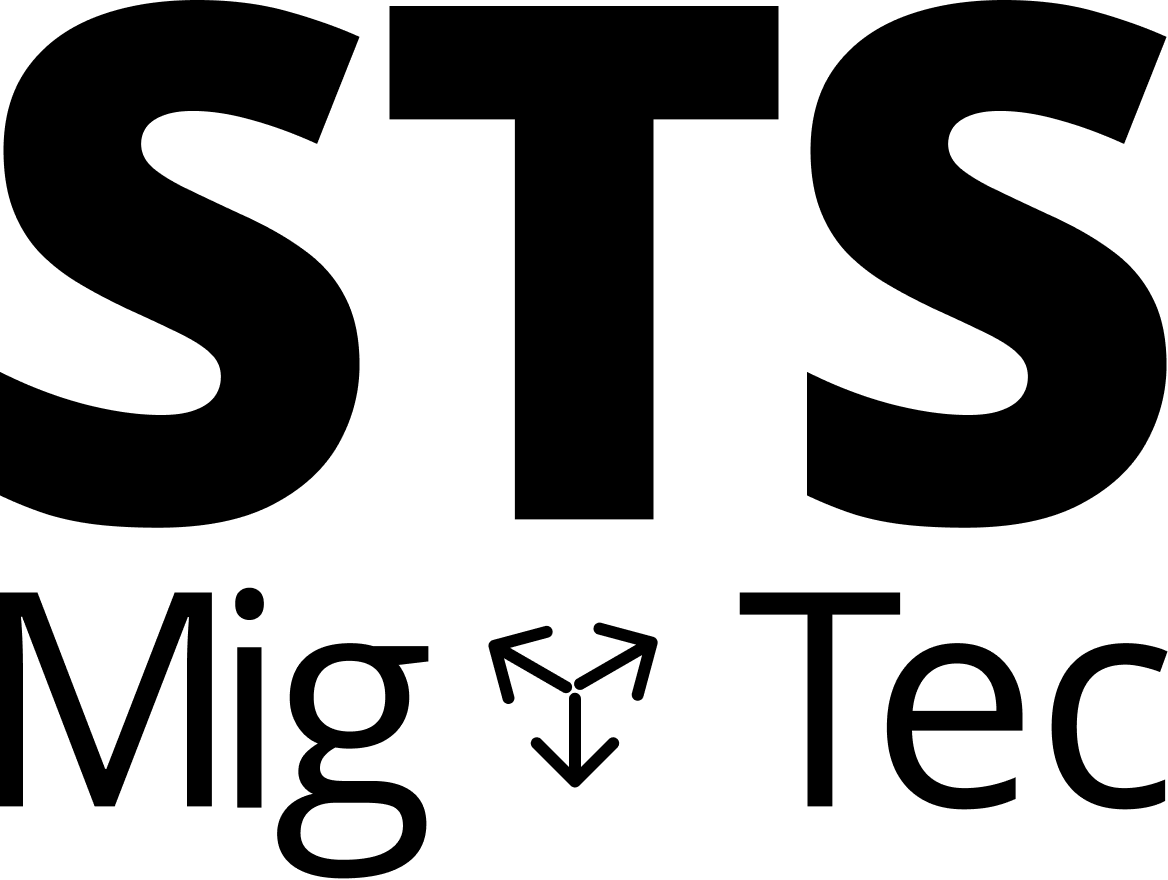Our Events
Please note that all event timings refer to Central European Time (CET).
Filter events by
Readers meet Authors: S. A. Cole
Simon A. Cole specializes in the historical and sociological study of the interaction between science, technology, law, and criminal justice. He is the author of Suspect Identities: A History of Fingerprinting and Criminal Identification (Harvard University Press, 2001), which was awarded the 2003 Rachel Carson Prize by the Society for Social Studies of Science, and he is a co-author (with Michael Lynch, Ruth McNally & Kathleen Jordan) of Truth Machine: The Contentious History of DNA Fingerprinting (University of Chicago Press, 2008).

Talking Books: Suspect Identities
In Suspect Identities, Simon Cole reveals that the history of criminal identification is far murkier than we have been led to believe. Cole traces the modern system of fingerprint identification to the nineteenth-century bureaucratic state, and its desire to track and control increasingly mobile, diverse populations whose race or ethnicity made them suspect in the eyes of authorities.
Cole, S. A. (2001). Suspect Identities. A History of Fingerprinting and Criminal Identification. Harvard University Press.

Readers meet Authors: C. Aradau, T. Blanke and H. Dijstelbloem
Huub Dijstelbloem is Professor of Philosophy of Science and Politics at the University of Amsterdam and Senior Researcher at the Netherlands Scientific Council for Government Policy in The Hague. He is co-founder of the Platform for the Ethics and Politics of Technology and one of the initiators of the movement Science in Transition.
Claudia Aradau is Professor of International Politics in the Department of War Studies and Principal Investigator of the Consolidator Grant Security Flows (‘Enacting border security in the digital age: Political worlds of data forms, flows and frictions’), funded by the European Research Council (2019-2024).

Talking Books: Algorithmic Reason
Are algorithms ruling the world today? Is artificial intelligence making life-and-death decisions? Are social media companies able to manipulate elections? As we are confronted with public and academic anxieties about unprecedented changes, this book offers a different analytical prism through which these transformations can be explored.
Aradau, C., & Blanke, T. (2022). Algorithmic Reason. The New Government of Self and Other. Oxford University Press.

Talking Books: Borders as Infrastructure
In Borders as Infrastructure, Huub Dijstelbloem brings science and technology studies, as well as the philosophy of technology, to the study of borders and international human mobility. Taking Europe's borders as a point of departure, he shows how borders can transform and multiply and and how they can mark conflicts over international orders.
Dijstelbloem, H. (2021.) Borders as Infrastructure: The Technopolitics of Border Control. MIT Press.
